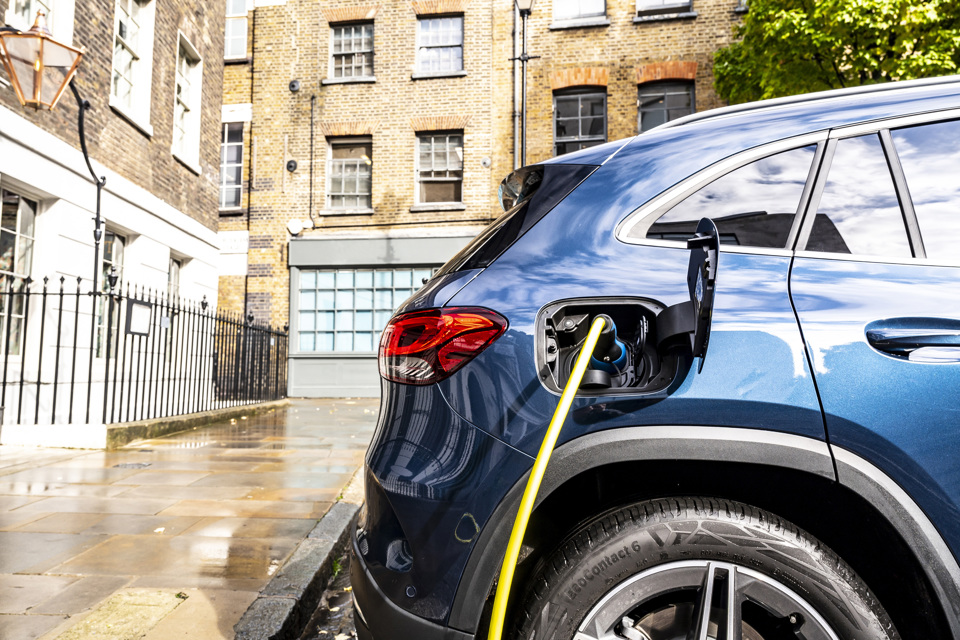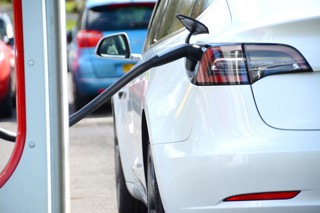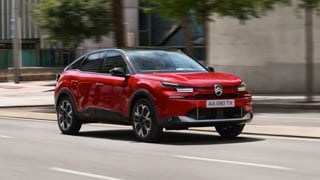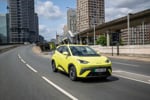One-quarter of decision-makers are not aware of the financial incentives available for adopting electric vehicles, LeasePlan UK research has found.
A survey by the leasing company found 24% of the decision-makers – including fleet managers – were not familiar with lower benefit-in-kind or vehicle excise duty rates for EVs.
More than one-third (35%) were not familiar with first-year allowances for zero-emission vehicles, while more than two-fifths (43%) were not aware of the extension to the plug-in grant/
One-third (33%) were also unfamiliar with investment into the national charging infrastructure.
Chris Black, commercial director at LeasePlan UK, said: “Last year was a truly pivotal point for the motoring industry.
“For the first time ever, sales of EVs overtook sales of diesel engines. At LeasePlan, too, we had our greenest year yet.
“So, the government’s recent decision to announce and reduce plug-in grants on the same day really took this industry by surprise.
“The instantaneous change made sense – preventing a spike in claims – but left uncertainty in its wake.
“At a time where many motorists are only just waking up to the numerous benefits of EVs, the government risks undermining its own messages around decarbonisation and promoting a green recovery by taking away vital incentives.
“For this industry to thrive on this journey to electrification, we need to keep up that momentum up.”
Company car tax
LeasePlan UK’s survey found lower BIK rates have made a difference for 52% of respondents, with huge savings to be made in comparison to ICE vehicles.
The 2021/2022 BIK rate for zero emission vehicles is 1%.
Salary sacrifice
The low BIK rates also mean employers and employees can also make savings through a salary sacrifice scheme, but 20% of HR bosses were not aware of the schemes.
Employees who get an ultra-low emissions vehicle through salary sacrifice have only to pay BIK tax on the taxable value of the car, rather than income tax on the higher of the car’s value or the salary sacrificed.
Vehicle excise duty (VED)
LeasePlan UK’s research found VED rates made a difference for 41% of respondents.
Fist-year rates of VED vary according to a vehicle’s CO2 emissions, and after that a flat standard rate applies in subsequent years, except for zero-emission cars for which the standard rate will be 0%.
First-year allowances
Capital allowances apply to qualifying assets (such as water and energy saving equipment) and allow businesses to deduct the full cost from their profits before tax, and this includes some low emission vehicles.
The rate you can claim depends on when it was purchased and exactly how much CO2 it emits, with electric vehicles eligible purchased after April 2009 eligible for first-year allowances, offering further savings for businesses.
LeasePlan UK’s survey found first-year allowances for zero-emission vehicles made a difference to 46% of decision-makers.
Plug-in grants
The plug-in car grant still offers purchasers a reduction of up to £2,500 on models costing up to £35,000, while the plug-in van grant offers a maximum reduction of £3,000 for small vans and £6,000 for large vans.
The plug-in truck grant offers up to £16,000 off trucks up to 12.5t GVW, and up to £25,000 for trucks over 12.5t.
Electric Vehicle Homecharge Scheme
Almost half (45%) of decision-makers said that investment in the national charging infrastructure would make a difference in encouraging them to transition to electric.
To help with that, the Government’s Electric Vehicle Homecharge Scheme offers a 75% contribution to the cost of one charge point and its installation, up to a total cost of £350, for EV owners.























Login to comment
Comments
No comments have been made yet.